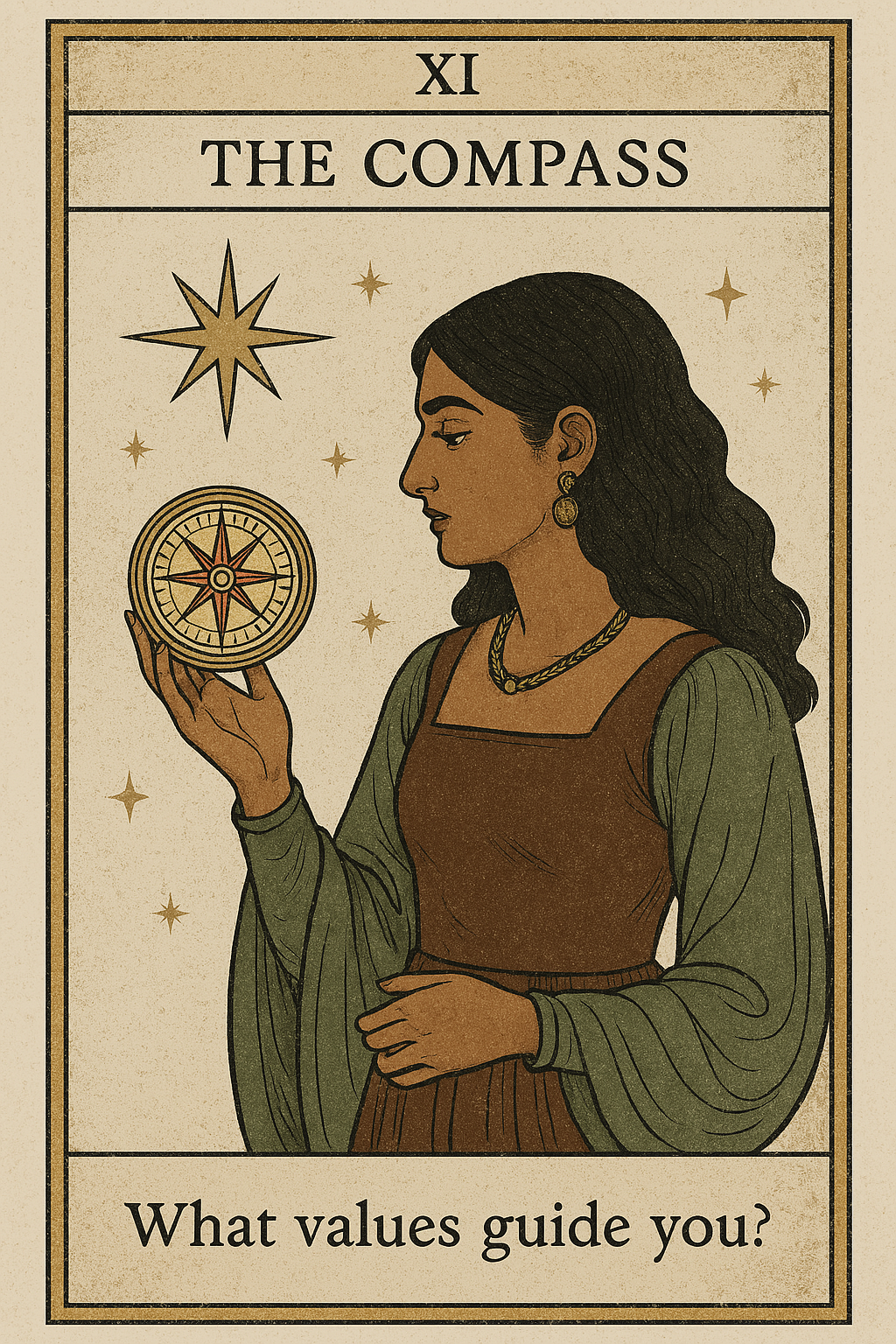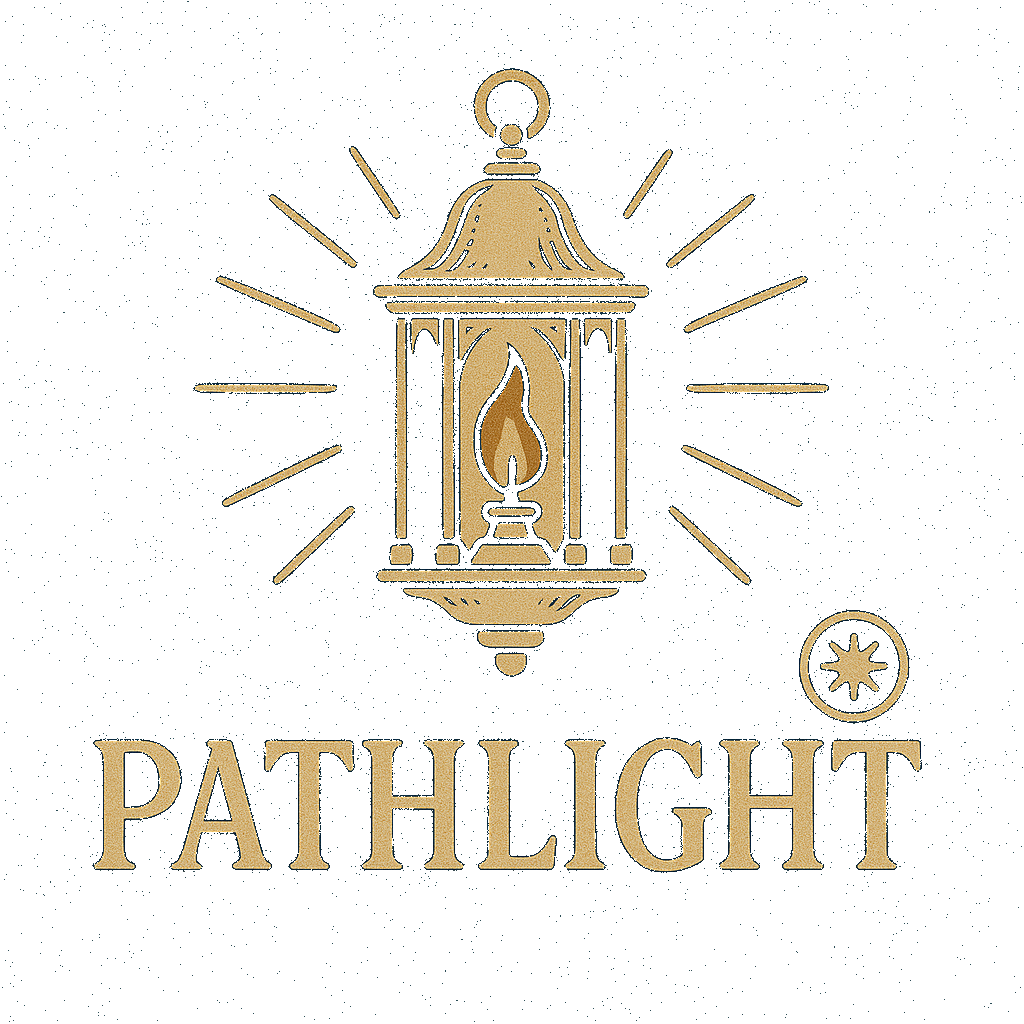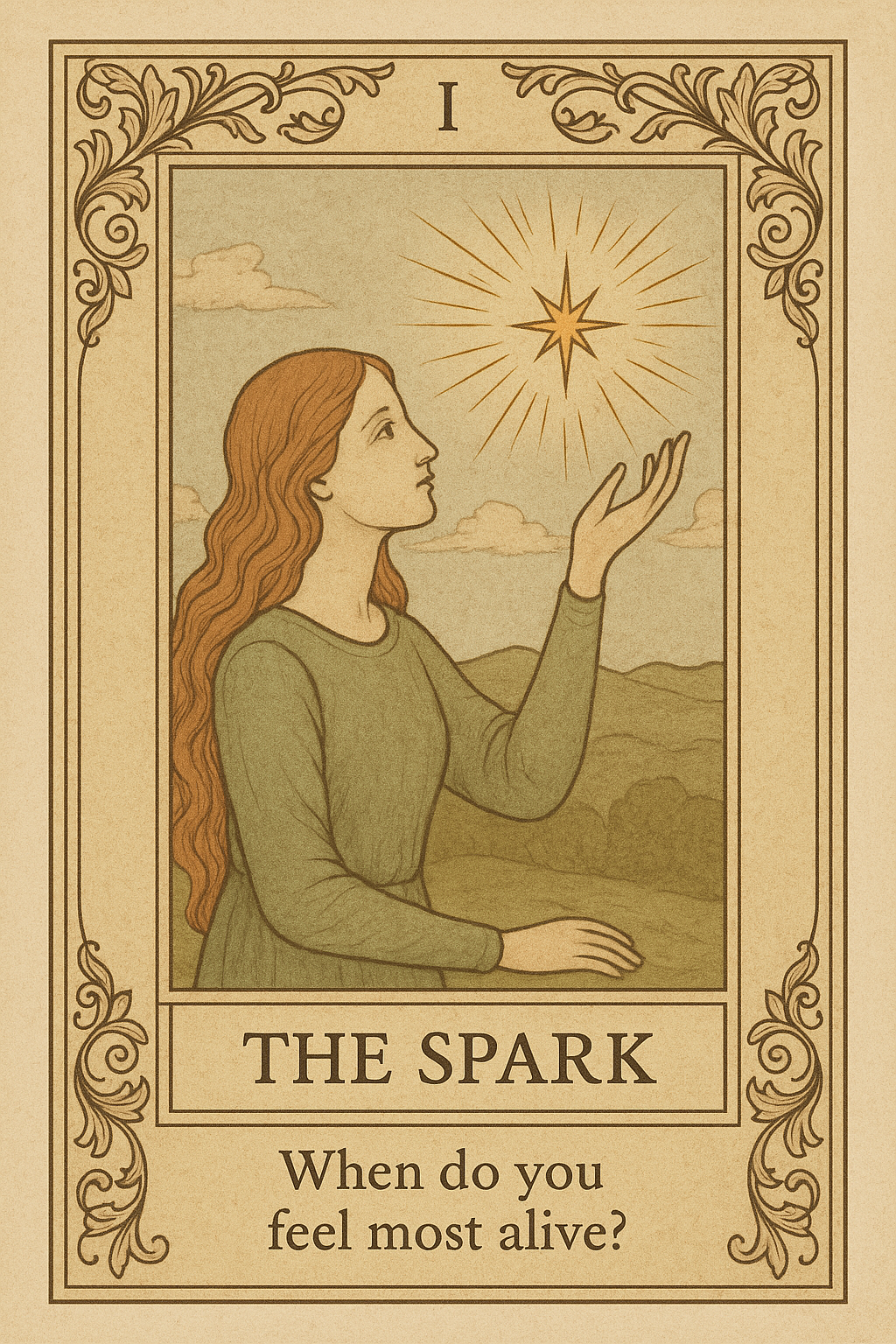
Introduction
Purpose has been a central concern for thinkers across eras, shaping individual lives and entire civilizations. From the cosmic order of ancient Egypt to today's focus on self-actualization, our understanding of what it means to live with purpose has continually evolved. In this post, we'll journey through key cultural milestones—examining how purpose has been conceptualized, how it transformed from a survival imperative to a quest for personal fulfillment, and how ancient wisdom still resonates in modern practice. Along the way, you'll find practical takeaways and a quote to spark reflection, setting the stage for deeper exploration with Pathlight's research-backed purpose discovery tool.
The Historical Evolution of Purpose Across Cultures
Ancient Civilizations and Cosmic Order
In ancient Egypt, purpose was inseparable from Ma'at, the goddess and principle embodying truth, justice, harmony, and cosmic balance. Egyptians believed that living according to Ma'at aligned individual actions with the fundamental order of the universe, ensuring societal stability and personal well-being.
Greek antiquity shifted the focus toward human flourishing. As Aristotle declared, "For Aristotle, eudaimonia is the highest human good, the only human good that is desirable for its own sake." In his Nicomachean Ethics, eudaimonia—often translated as "happiness" or "living well"—was achieved through the cultivation of virtue (aretē) and practical wisdom (phronēsis).
In ancient China, Confucianism introduced the jūnzǐ, the "noble person" whose moral excellence (rén) served as both personal purpose and social exemplar. Fulfilling one's role in the family and community was a moral imperative that reinforced collective harmony.
Meanwhile, Indian thought centered on dharma, the duty or righteousness one must uphold according to one's station in life. Dharma was the cornerstone of ethical living, guiding individuals from farmers to warriors in fulfilling their unique responsibilities within a cosmic order.
From Survival to Self-Actualization
For most of human history, the primary driver of purpose was survival—securing food, shelter, and community safety. As societies became more stable, thinkers began to explore higher aims. In the mid-20th century, Abraham Maslow placed self-actualization at the top of his hierarchy of needs, describing it as "the fulfillment of one's greatest potential." Self-actualized individuals pursue creativity, authenticity, and personal growth once basic physiological and safety needs are met.
Cultural Variations in Defining and Pursuing Purpose
Cross-cultural psychology reveals that cultural context shapes what people consider purposeful. In individualistic societies, meaning often arises from personal achievement and authenticity, whereas collectivist cultures emphasize social roles, family obligations, and communal harmony. A study of cultural variability in the pursuit of meaning highlights how some cultures link purpose to socially engaged definitions of happiness, while others prioritize self-expression.
Modern Interpretations of Ancient Wisdom
Contemporary thought leaders and scholars have revisited ancient insights, translating them into practical frameworks for today's challenges. Viktor Frankl, founder of logotherapy, asserted that "Life is never made unbearable by circumstances, but only by lack of meaning and purpose." His work underscores that even in adversity, purpose can be discovered through values and choices.
"Between stimulus and response there is a space. In that space is our power to choose our response."
― Viktor E. Frankl
Similarly, modern adaptations of Vedantic and Stoic teachings guide individuals to maintain resilience, integrity, and interconnectedness amid complexity. These interpretations emphasize that purpose is both a personal compass and a social force, helping us navigate uncertainty with grounded principles.
Practical Takeaways
- Reflect on Your Ma'at: Identify the core values that represent order and harmony in your life—this could be integrity, compassion, or creativity.
- Cultivate Virtues: Like Aristotle's virtues, choose one trait (e.g., courage) and practice it daily through small, intentional actions.
- Understand Your Dharma: Clarify your key roles (profession, family, community) and list the duties that give each role meaning.
- Aim for Growth: Assess where you stand on Maslow's hierarchy—are your basic needs met? What personal goals would help you approach self-actualization?
- Blend Ancient and Modern: Use the insights of logotherapy to ask, "What does life expect of me?" and answer through purposeful deeds.
Suggested Visual Element: An infographic mapping cultural concepts of purpose—from Ma'at's scales to Maslow's pyramid—could help readers visualize this evolution.
Conclusion
The tapestry of human purpose stretches from ancient deities to modern psychological theories, illustrating that while contexts change, the quest for meaning endures. By learning how past civilizations defined and pursued purpose, we gain new lenses for our own lives. Pathlight's research-backed purpose discovery tool weaves together these timeless threads—guiding you to articulate your own purpose statement and integrate it into daily decisions. Start your journey today: reflect on ancient wisdom, apply practical exercises, and let your purpose light the path forward.

